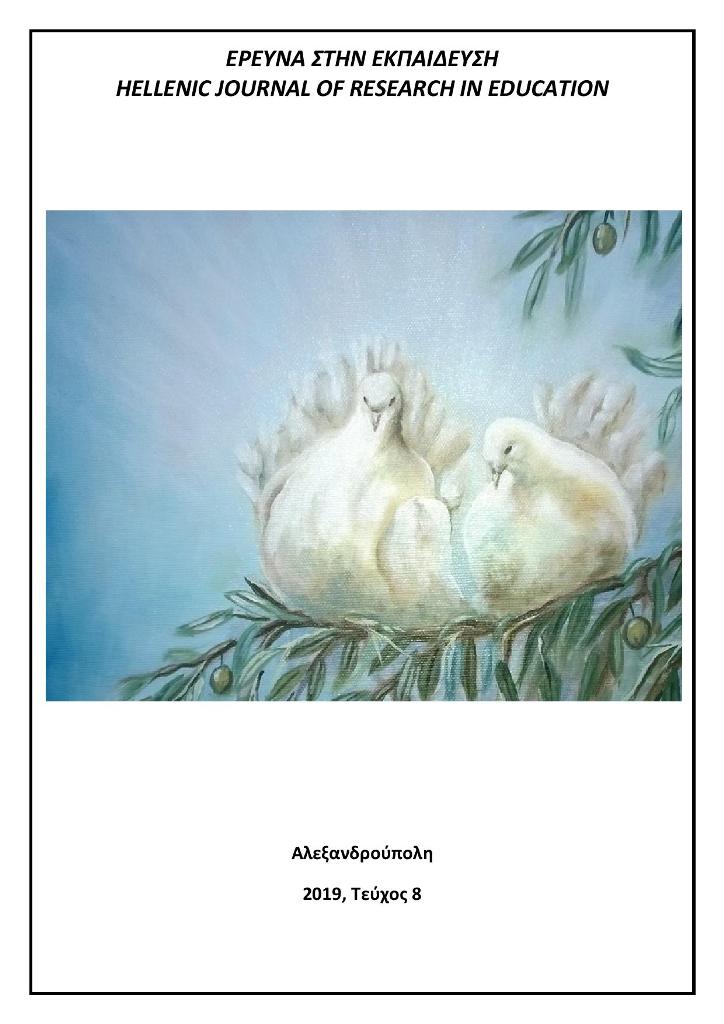Qualitative analysis of mistakes of pupils D - F grades of primary school in the spelling tests with dictation and free writing

Abstract
This study is investigating the mechanisms that are activated in two kinds of spelling tests, the free writing and the spelling tests with dictation, through a qualitative analysis of mistakes of the pupils of the last three grades of primary school. It was thought that this investigation will allow useful conclusions for the mechanisms that are activated in the two kinds of spelling tests and how they affect the performance of pupils and especially those with learning disabilities in the spelling. Specifically, the research examines the development stage of spelling skill of 89 pupils, 22 with high school performance and 67 with learning disabilities, with a dictation test and two free writing tests. The mistakes analyzed in the corresponding categories of phonological, morphological and visual-orthographic awareness and the use of the conventions of writing. This investigation will allow useful conclusions for the degree of development which are the specific groups of pupils and it will show useful information for their cognitive processes and their individual needs. The results show differences in the performance of pupils between the two types of orthographic tests in some types of mistakes. Also they show very good spelling ability of students with high school performance and better phonological skills and morphosyntactic processing, and more rich visual-orthographic representations. Based on these findings, the paper discusses the development stage of spelling skills in the two groups of pupils, the linguistic factors that influence their orthographic performance, the degree of difficulty between these spelling tests depending on the mechanisms that are activated and the different growth rate of spelling ability of the pupils with learning disabilities.
Article Details
- How to Cite
-
Ξάνθη Σ. Β. (2017). Qualitative analysis of mistakes of pupils D - F grades of primary school in the spelling tests with dictation and free writing. Hellenic Journal of Research in Education, 6(1), 1–17. https://doi.org/10.12681/hjre.10619
- Issue
- Vol. 6 No. 1 (2017)
- Section
- Articles

This work is licensed under a Creative Commons Attribution-NonCommercial-ShareAlike 4.0 International License.
Authors who publish with this journal agree to the following terms:
- Authors retain copyright and grant the journal right of first publication with the work simultaneously licensed under a CC-BY-NC-SA that allows others to share the work with an acknowledgement of the work's authorship and initial publication in this journal.
- Authors are able to enter into separate, additional contractual arrangements for the non-exclusive distribution of the journal's published version of the work (e.g. post it to an institutional repository or publish it in a book), with an acknowledgement of its initial publication in this journal.
- Authors are permitted and encouraged to post their work online (preferably in institutional repositories or on their website) prior to and during the submission process, as it can lead to productive exchanges, as well as earlier and greater citation of published work (See The Effect of Open Access).



